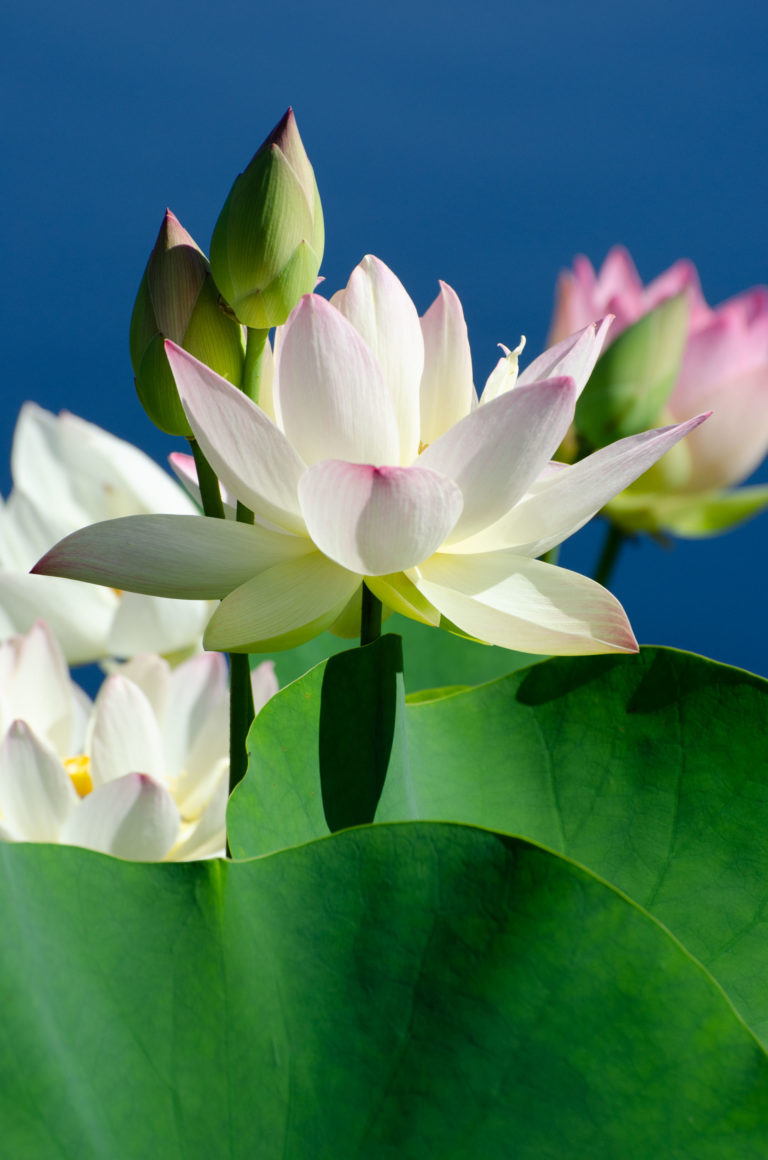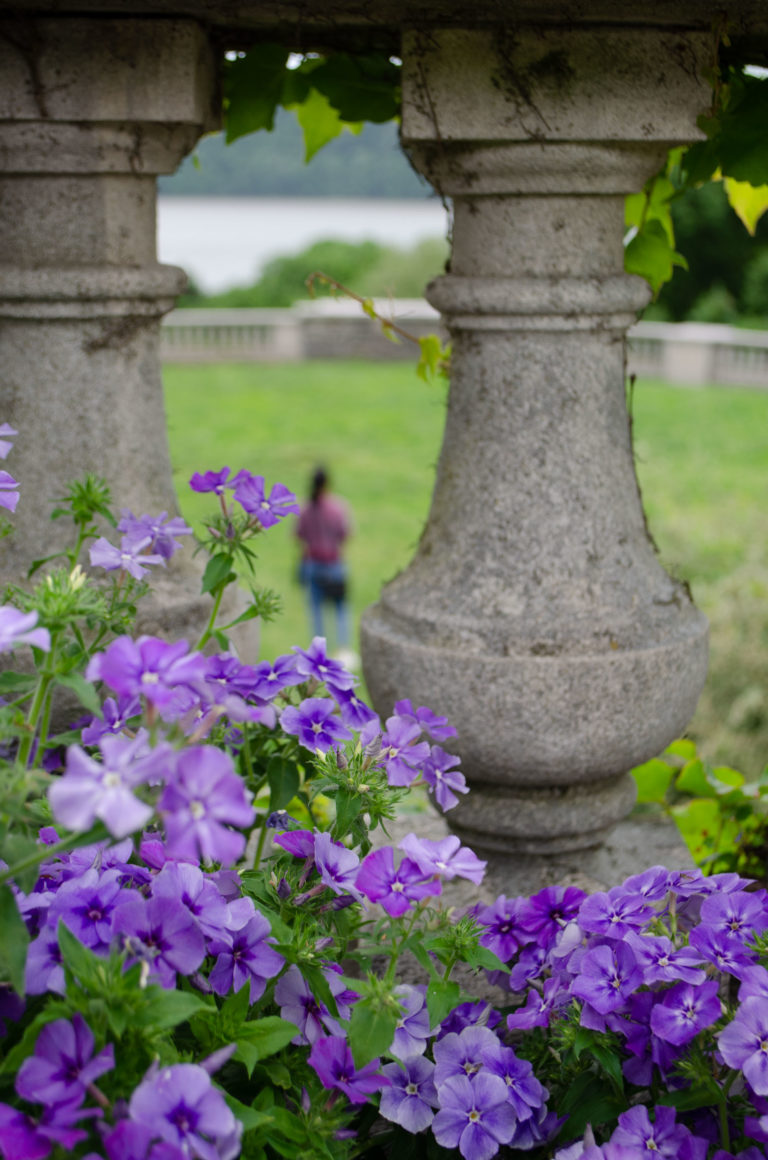
Woodland Ecology Research Mentorship in 3 Phases
Program Schedule
The Woodland Ecology Research Mentorship program is made up of 3 unique phases. Components of the 3 phases include: hands-on fieldwork, coursework, collaborative projects and research with mentors. Through a holistic approach, interns learn about urban ecology in collaborative, authentic and immersive settings.
During Phase I, interns gain foundational knowledge of the principles of restoration ecology, standard data collection methods and essential tools for scientific analysis. Interns take two classes, Mapping New York City's Urban Environment: An Introduction to Geographic Information Systems and Restoration of New York City’s Natural Areas. These classes are a combination of formal instruction in the classroom or computer lab, and hands-on fieldwork in our woodland to apply key ecological principles to real-world situations.

My time at Wave Hill has taught me the value of nature. It is irreplaceable and truly the best thing about being on this planet.
Phase II builds on learning from the summer fieldwork and courses. Through projects, lessons, fieldtrips and presentations, interns deepen their understanding of scientific research, ecological principles, “green careers”, and NYC urban green areas. Weekly workshops (referred to as WERMshops!) spend the fall and winter doing various activities at Wave Hill and around NYC. In the spring, interns form small teams and select a mentor to begin laying the groundwork for research projects. Some examples of WERMshops include:
- Freshwater ecology data collection in Van Cortlandt Park
- Visit to The American Museum of Natural History
- Soil ecology exploration and soil dissection at Wave Hill
In Phase III, interns work on mentor-led, small group research projects 4 days a week. They work both with their mentors and independently with their team members. Interns meet weekly on Fridays to take the course Research Methods and to participate in an improv class focused on developing communication and public speaking skills. The phase culminates with interns presenting their research at a celebratory graduation symposium in August. Interns also have the opportunity to present their research through the NYC Science Research Mentoring Consortium, with events held in June and August at The American Museum of Natural History.
Past projects include:
- Beech Leaf Disease and the Future of Our Forests
WERM interns, in collaboration with the Hunter College, researched the impact of an emerging threat to beech trees in New York City. - Exploring the Correlation Between Vegetation and Arthropod Community Diversity on Urban Green Roofs
WERM interns investigated green roofs across New York City and the relationship between vegetation and arthropod communities using diversity indices. - Spotted Lanternfly Host Preference in New York City
WERM interns collected data on host plants for spotted lanternflies across New York City. They then examined if spotted lanternflies showed a preference for plants that they have a shared evolutionary history with.




